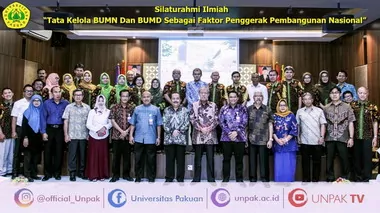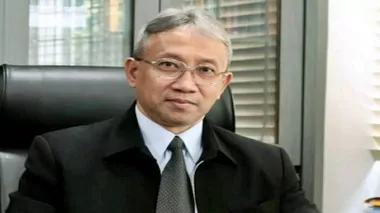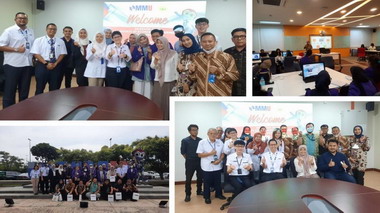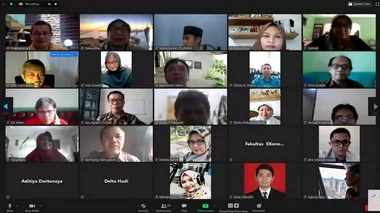Philosophy of Teaching and Learning with Arie Wibowo Irawan, SP MM
- Admin
- News
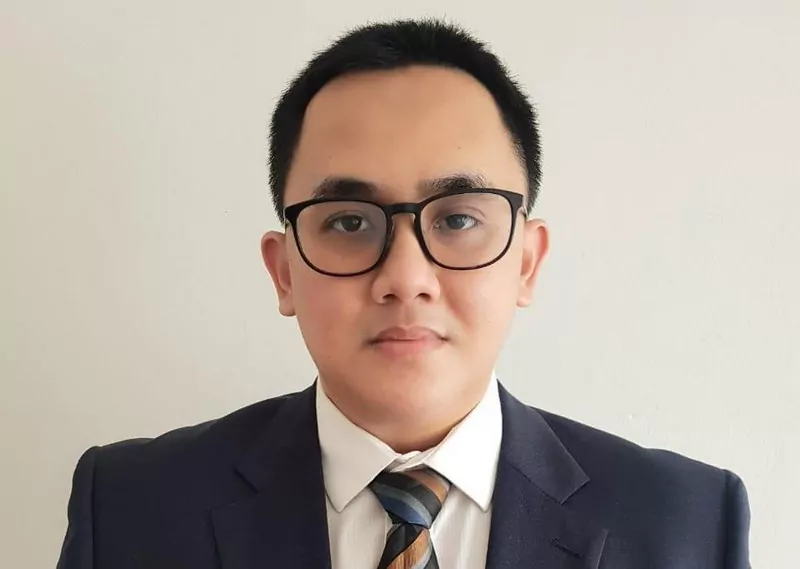
a
FEB, UNPAK — Teaching and learning activities for a teacher are a continuous process to always learn to absorb new knowledge and also the teaching process.
In other words, learn – teach is a package and an inseparable unit. Learn is fuel for teach. Through the teaching process, a teacher is actually returning to learning.
There are two properties of science, first, the more often it is shared (sharing), the more sure and understand that knowledge will be.
Second, the knowledge that we teach along the way will raise many new questions from the perspective of an audience that may be different. Without realizing it, this teaching process brings us back to the starting point (learn). A teacher usually talks a lot, so it is obligatory to 'fill his head' with something new.
Especially when dealing with an audience of millennials who always hope to get something up to date and exciting. Every year, the age of a teacher gets older, but the age of the students / students faced is relatively the same or the same.
So the biggest challenge to the age and age difference is how to find the right point of view so that they are interested in what we teach. Interest and curiosity is the beginning of everything, because this is part of building awareness. If this is already there, then we have achieved half success.
Full awareness and curiosity will lead them to seek new information and knowledge related to the subjects we teach, either through books, google, social media and message media. The stages in education are Know - Can - Skilled - Expert. In the early stages, the target of a teacher is how to provide new and useful knowledge to students (knowing stage).
Furthermore, through assignments, they are given the opportunity for them to practice in real life (can stage). Maybe what they do is not necessarily perfect, but at least they have tried (trial and error). Through this iterative process, they will gain confidence. By itself the accumulation of learning from the mistakes they make will lead to the skillful stage.
Then what about the expert stage? Malcolm Gladwell guides us by the 10,000 hour principle to make someone an expert in their field. Let's calculate together, if someone does something 8 hours in a day, then to reach 10,000 hours it takes 1,250 Days (10,000 hours / 8 hours per day).
We then convert this figure into weeks assuming 5 working days a week, then we get 250 Weeks (1,250 days / 5 days per week). And finally, we convert the number of weeks to years, it will take approximately 5 years (250 weeks / 50 weeks per year).
Good luck!


